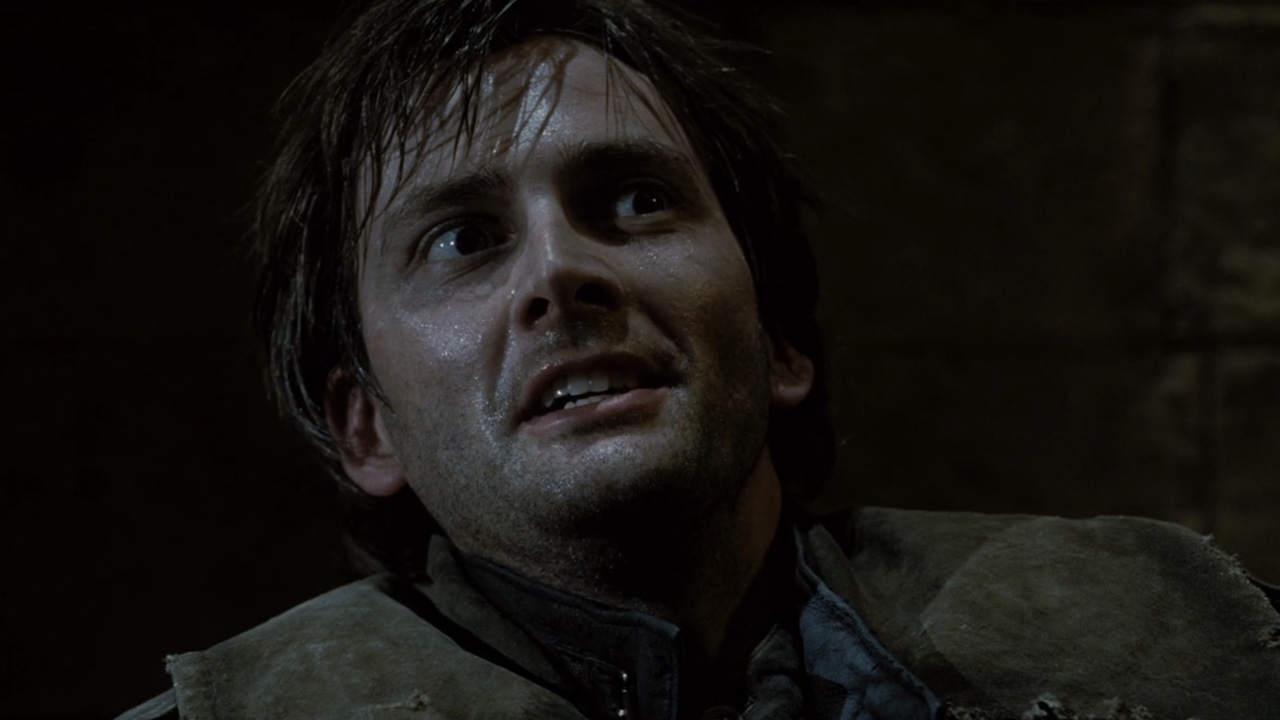The United States’ progress in race relations seems to mask how few years we are removed from the years of discrimination. Adults over the age of 50 were alive to see President Lyndon Johnson bring the Civil Rights Act of 1964 into law and give the Federal Government power to force desegregation. We may have a President of African descent in the White House, but we can never forget the struggle and strife it took in order to make the idea plausible, let alone possible. Despite being based on a fictional story, this is where Tate Taylor’s The Help, based on the book by Kathryn Stockett, becomes not only a great bit of entertainment, but also an important look back on a time that we must always reflect on if we want to continue to make progress.
Moving and powerful without being overbearing, funny and charming without ever losing its focus, and filled with amazing performances from a stunning ensemble cast, this southern drama based on the best-selling novel is a real winner. While the film contains few surprises in the way of story or structure, The Help is uplifting, engaging and a great film all-around.
The movie centers on a black housekeeper named Aibileen Clark (Viola Davis) living and working in 1960s Mississippi. Treated as a second-class citizen and just trying to make it through the day, Aibileen’s life manages to get even worse when her employers friend, Hilly Holbrook (Bryce Dallas Howard), mandates the Home Health Sanitation Initiative: a call for all families with housekeepers to build a bathroom outside of their homes for the help to use. Unable to take anymore, Aibileen begins to tell her stories to a young journalist (Emma Stone) so that her side of the story may finally be told.
It’s impossible to go any further without discussing the brilliant performances put on by the film’s incredible cast. Sporting some of the greatest actresses, both young and veteran, working in Hollywood today, The Help is stacked from top to bottom. Howard, in playing the film’s central antagonist, is so great that it may end up hurting the actresses’ career as audience members will constantly feel the urge to jump into the screen and punch her character in the face. Octavia Spencer, who plays Aibileen’s best friend, a fellow housekeeper, plays the dramatic and comedic elements of her character perfectly and has an outstanding dynamic with Jessica Chastain, who plays her bubbly, airheaded employer. Sissy Spacek is a scene-stealer as Hilly’s senile mother, Davis finds every note of gravitas in her part and Stone once again proves that she is one of the best young actresses working in film today. There isn’t a single weak link in the entire chain.
What makes The Help stand-out is its tone and approach to its subject matter. While some filmmakers would be unable to resist over-amplifying the story’s more powerful and dramatic elements, Taylor, who also adapted the script in addition to directing the film, successfully lets the movie be moving while also throwing in moments of levity. In addition to never making the plot and setting feel overbearing, it also establishes some amazing contrasts. One moment you’re laughing at a child going to the bathroom in an unplugged toilet sitting on someone’s lawn and the next you’re watching the child’s mother spank it for misbehaving. It can be fun, but it also goes a long way in developing story and character.
While The Help’s pacing is superb – an impressive feat for a movie that has a runtime nearing two-and-a-half hours – what detracts is that there aren’t many narrative surprises. While it’s always entertaining watching the characters interact, the plot is predictable and takes all of the expected and familiar moves. While one obviously can’t expect a third-act alien invasion or a twist ending that reveals all of the characters are actually from the future, the occasional step out of stride is missed.
A fantastic, beautiful period piece featuring amazing turns by every member of its ensemble cast, Tate Taylor’s The Help is a great way to close out the summer season and begin the prestige-loaded fall. While male audiences may look at the female-driven story and think that there’s nothing here for them, they are absolutely wrong: this is a movie made for all audiences and most definitely deserves the attention.

Eric Eisenberg is the Assistant Managing Editor at CinemaBlend. After graduating Boston University and earning a bachelor’s degree in journalism, he took a part-time job as a staff writer for CinemaBlend, and after six months was offered the opportunity to move to Los Angeles and take on a newly created West Coast Editor position. Over a decade later, he's continuing to advance his interests and expertise. In addition to conducting filmmaker interviews and contributing to the news and feature content of the site, Eric also oversees the Movie Reviews section, writes the the weekend box office report (published Sundays), and is the site's resident Stephen King expert. He has two King-related columns.











